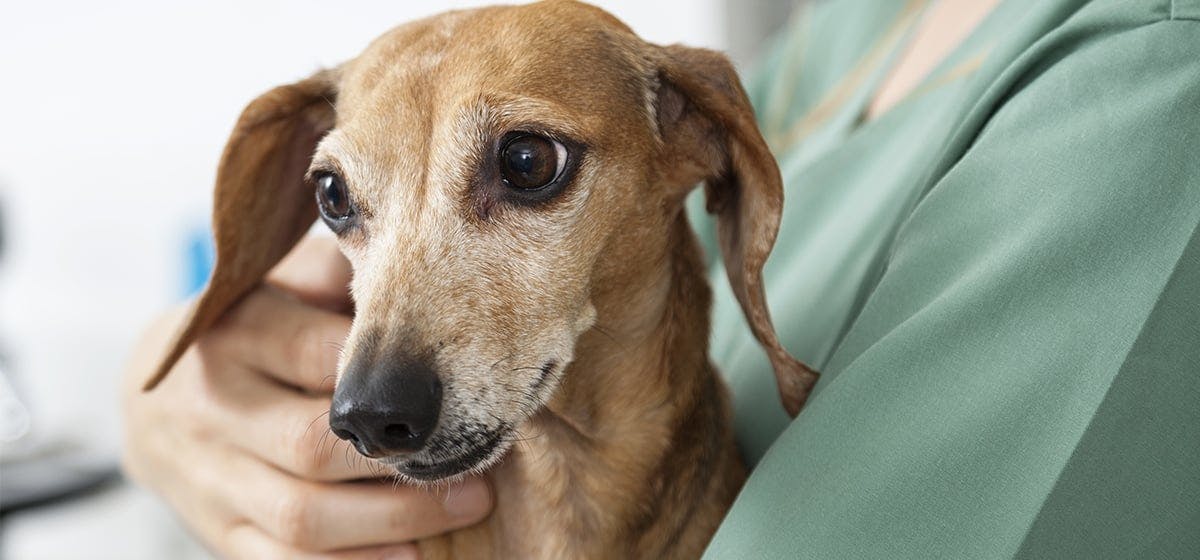
All biopsy samples are sent to a lab to be checked closely by a pathologist a doctor who is specially trained to diagnose cancer from a biopsy. Diagnostic procedures for cancer may include imaging laboratory tests including tests for tumor markers tumor biopsy endoscopic examination surgery or genetic testing.

Although blood tests can detect cancer anywhere in the body it should not be used conclusively to ascertain the presence of cancer as other noncancerous cells can still bring abnormal results.
Can labs detect cancer. Samples collected for cancer blood tests are analyzed in a lab for signs of cancer. The samples may show cancer cells proteins or other substances made by the cancer. Blood tests can also give your doctor an idea of how well your organs are functioning and if theyve been affected by cancer.
Doctors may use a variety of laboratory tests if cancer is suspected. In conducting lab tests for cancer samples of blood urine other bodily fluids or tissue are examined for abnormal cells or tumor markers that may determine whether a person has the disease or a precancerous condition. Laboratory Tests that Detect Cancer Since prevention is one of the most important cancer-fighting tools it is important that cancer be detected as early as possible before it spreads.
For warning signs go to our Cancer Symptoms page. There are numerous cancer detection and prevention tests that can be used to detect cancer. Colonoscopy sigmoidoscopy and stool tests high-sensitivity fecal occult blood tests and stool DNA tests Several screening tests have been shown to reduce the risk of dying from colorectal cancer.
Colonoscopy and sigmoidoscopy not only detect colorectal cancer early but also help prevent the disease in the first place. In the first study of its kind a blood test combined with imaging tests detected tumorssome at an early stagein women without a history of cancer or any symptoms. The blood test identified breast lung and colorectal cancers for which there are recommended screening tests.
A recent paper outlines a blood test that can detect 50 types of cancer before symptoms appear. It can also detect where in the body the cancer originated. Although blood tests can detect cancer anywhere in the body it should not be used conclusively to ascertain the presence of cancer as other noncancerous cells can still bring abnormal results.
A blood test should be used by a doctor just to give a clue as more tests may be required to be done for example a biopsy to affirm the condition. Luckily eight types of cancer can be detected using a single sample of blood as they have markers that show up relatively early and are present in the bloodstream. One sample of blood can be used to test for all eight of these cancers and either rule out their presence or detect those that have developed.
A complete blood count test may often raise a suspicion for cancers of the breast ovaries stomach or other types but they cannot be used as the only means to detect cancer of any specific type. A CBC is however is a potential follow-up tool when a patient is undergoing treatment for any type of cancer. So if youve ever wondered can dogs smell cancer and how far can dogs smell youve come to the right place.
Your dogs sense of smell. Your Labrador can detect tiny traces of substances that are completely undetectable by man. In fact his sense of smell may be up to a.
Laboratory tests can help the early detection of cancer or confirm its presence. Most laboratory tests take place in medical facilities. Many laboratory tests are done routinely during annual physical exams to detect any abnormalities.
Laboratory tests are also ordered by your medical team when certain signs are detected or symptoms occur. Dogs can detect cancer odor signatures in a persons skin urine and sweat. Research suggests that dogs can detect many types of cancers in humans.
Diagnostic procedures for cancer may include imaging laboratory tests including tests for tumor markers tumor biopsy endoscopic examination surgery or genetic testing. The actual diagnosis of thyroid cancer is made with a biopsy in which cells from the suspicious area are removed and looked at in the lab. If your doctor thinks a biopsy is needed the simplest way to find out if a thyroid lump or nodule is cancerous is with a fine needle aspiration FNA of the thyroid nodule.
All biopsy samples are sent to a lab to be checked closely by a pathologist a doctor who is specially trained to diagnose cancer from a biopsy. The doctor can usually tell cancer cells from normal cells as well as what type of cancer it is by the way the cells look. Doctors use imaging tests for cancer in various ways including.
Identifying cancer in its earliest stages when its small and hasnt spread and youre not experiencing symptoms. Looking for a lump or tumor if you are experiencing symptoms. They can also see if its.
The older hemoccult test finds hidden blood in the stool. Its accuracy in detecting cancer varies but can be as high as 70 percent. However the hemoccult test cannot detect colorectal polyps.
Papadopoulos is a co-founder of Thrive Earlier Detection Corp which has licensed the CancerSEEK test formerly known as DETECT-A a liquid biopsy designed to detect multiple types of cancer at the earliest stages possible before noticeable symptoms.